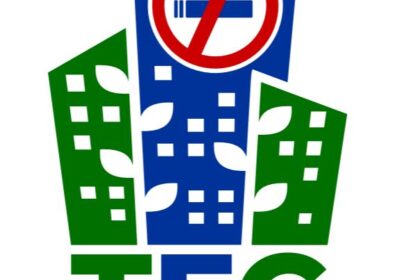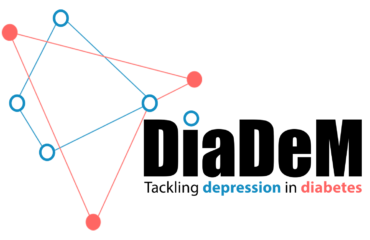
The ARK Foundation conducts on-demand research and training in the areas of health, education, and social development. The ARK Foundation’s mission is to ensure sustainable development through research-based solutions, training and promotion in the areas of health, nutrition, population, education, gender, environment and human resource development. In collaboration with the ARK Foundation, the University of York is conducting study titled “Tobacco Free Cities (TFC)” to reduce second-hand smoke (SHS) exposure in Bangladesh.

Tobacco killed more than eight million people worldwide in 2021. Amongst these, 1.3 million deaths were due to SHS exposure. Two-third of the deaths attributable to SHS exposure were among women and children living in low- and middle-income countries (LMICs). Increased exposure to tobacco advertising and strong smoking norms makes more people (particularly young people and low-income men) take up smoking and crowded public and private spaces in cities increase the risk of SHS exposure. Bangladesh signed the WHO Framework Convention on Tobacco Control (FCTC), ratified it in 2004 and passed “Smoking and Tobacco Products Using (Control) Law 2005” that amended in 2013, and Rule notified in 2015. Tobacco control law bans smoking in public places.
The aim of the study is to work with city actors (city governments and civil society) and the public in two cities (Dhaka North City Corporation, Narshingdi) in Bangladesh to critically examine the implementation of strategies for enforcing smoke-free laws with a view to generate insights for effective implementation and scale-up of these strategies.
This study will focus on urban areas to prevent tobacco use and reduce SHS by enforcing smoke-free laws. It involves four phases: 1) Reconnaissance, 2) Co design, 3) Action-research, and 4) Learning and sharing. The phase-1 will analyse national laws and policies, conduct literature review, engage stakeholders trough interviews, analyze existing database like Global Adult Tobacco Survey (GATS) and CLASS III trial to understand tobacco use and SHS exposure. Public places (e.g., transport, restaurants, workplaces) will be assessed to compliance with smoke-free laws. This phase will establish baseline data and inform strategies for the project. This project seeks to make urban environments healthier and tobacco-free by building capacity for implementation research and involving local communities.




